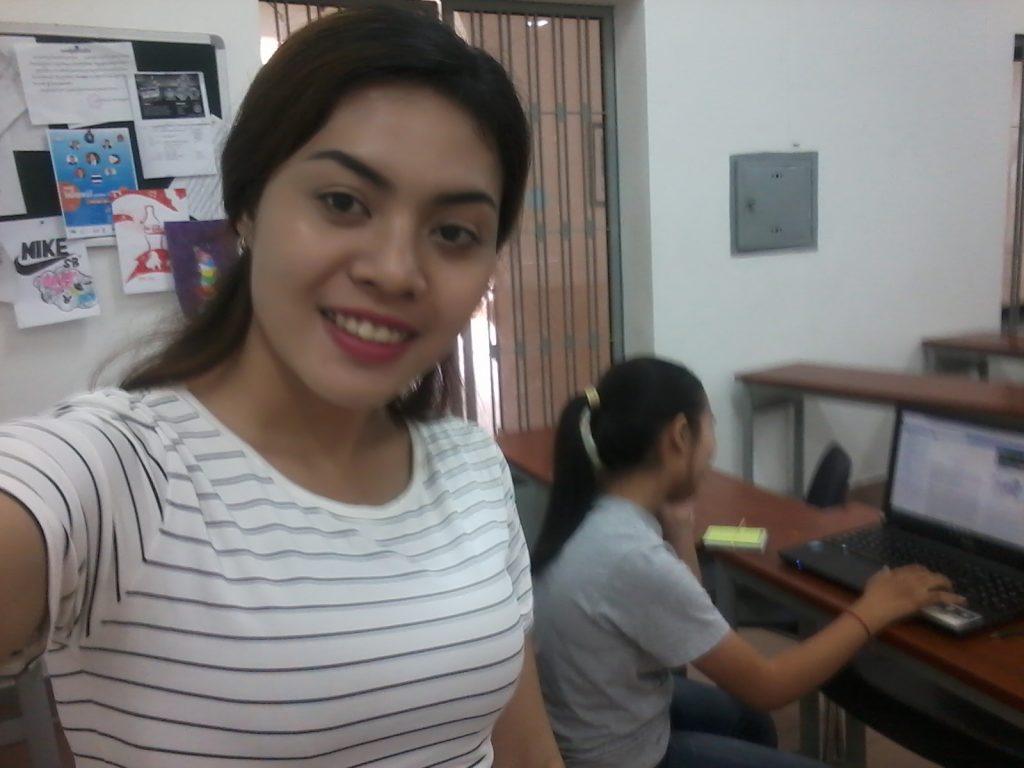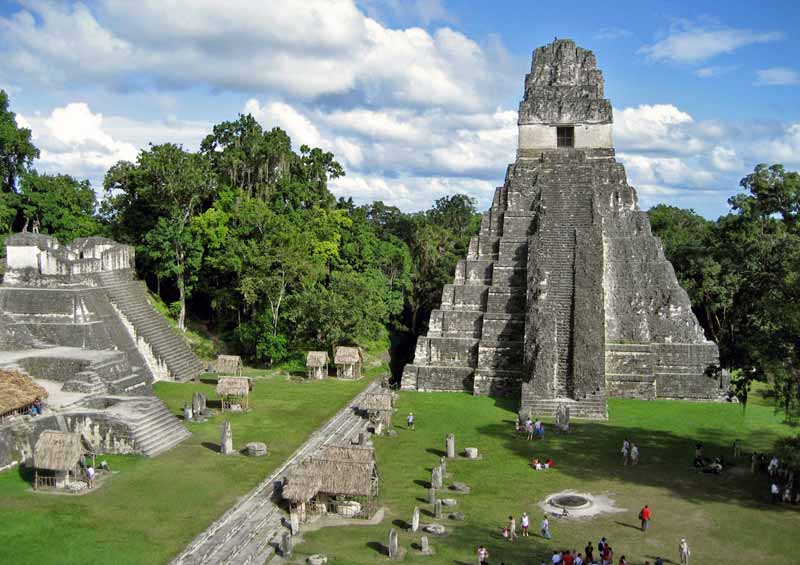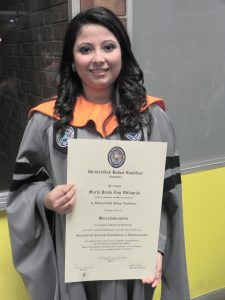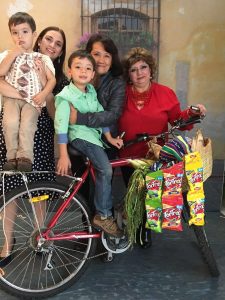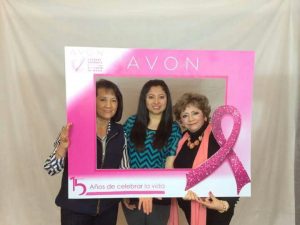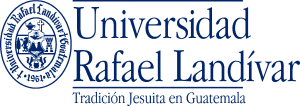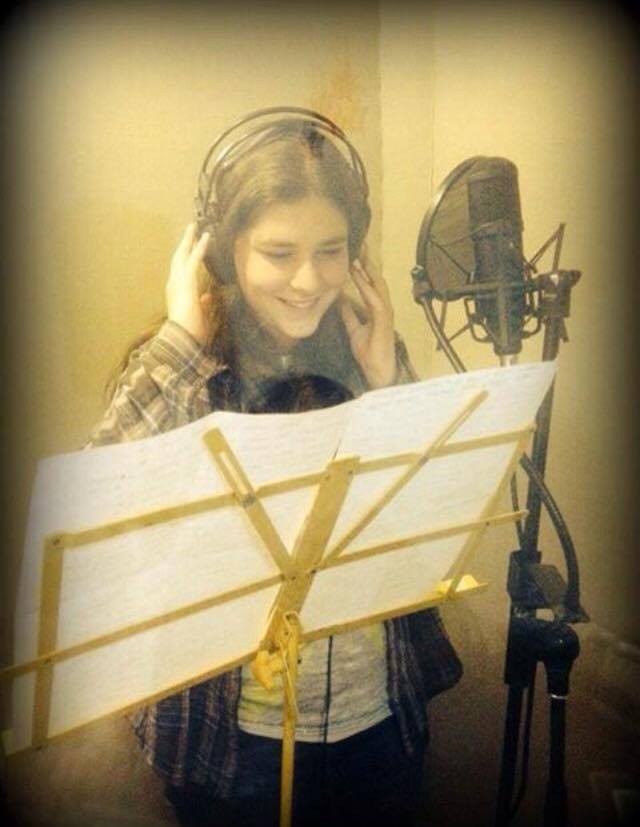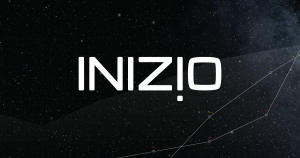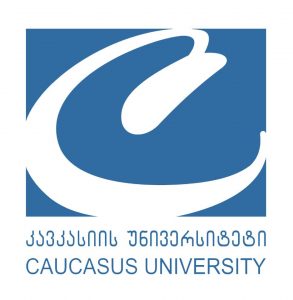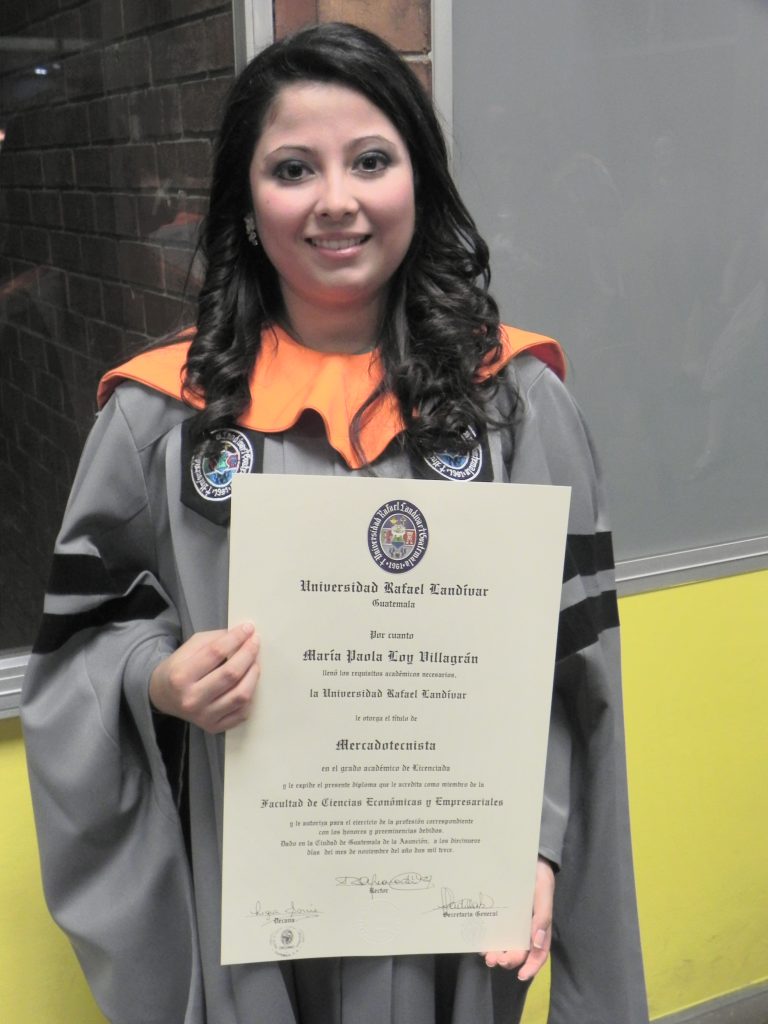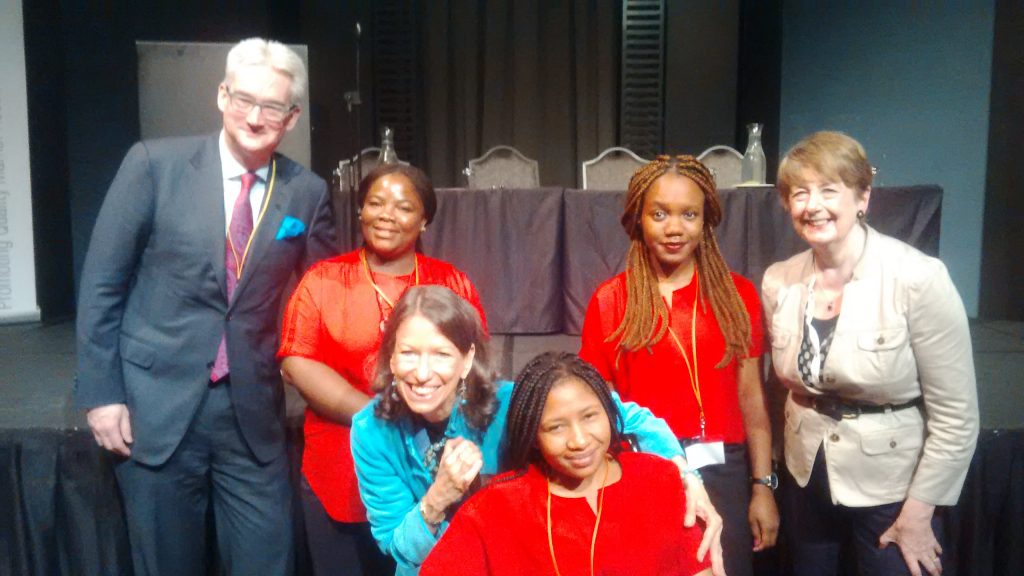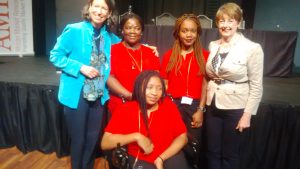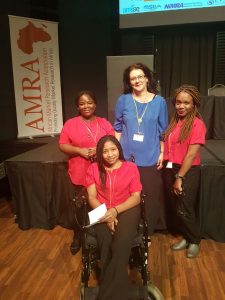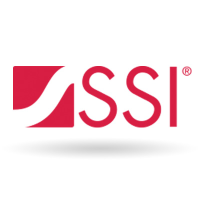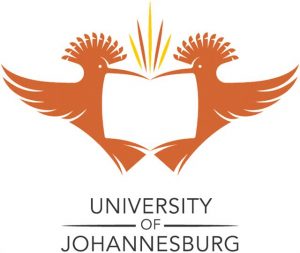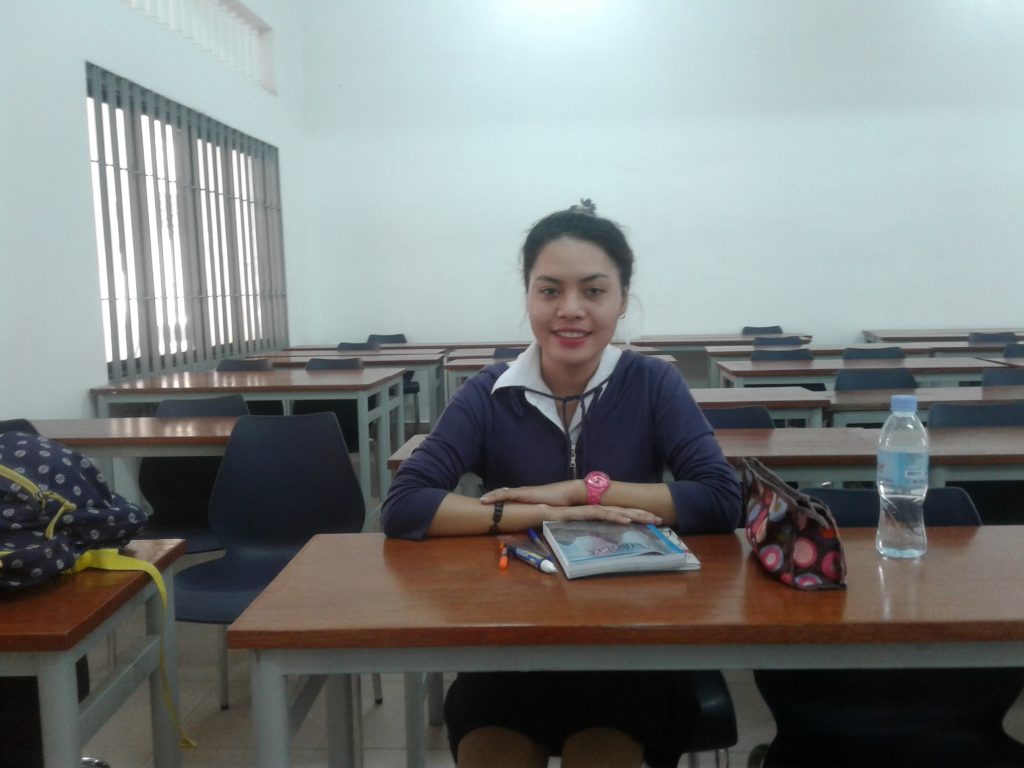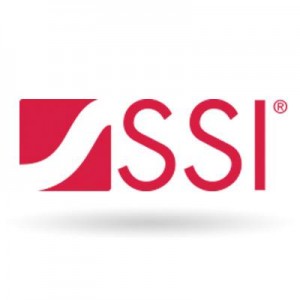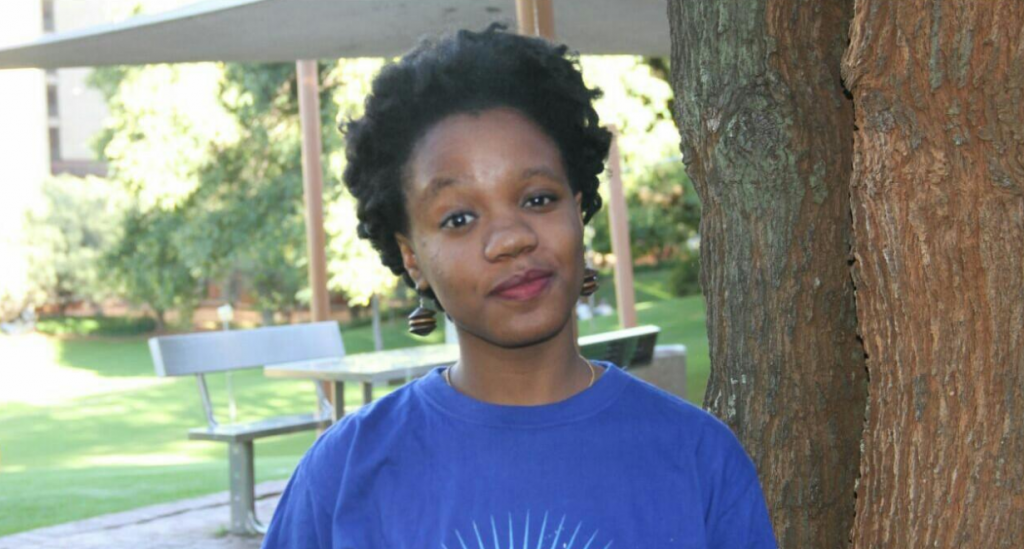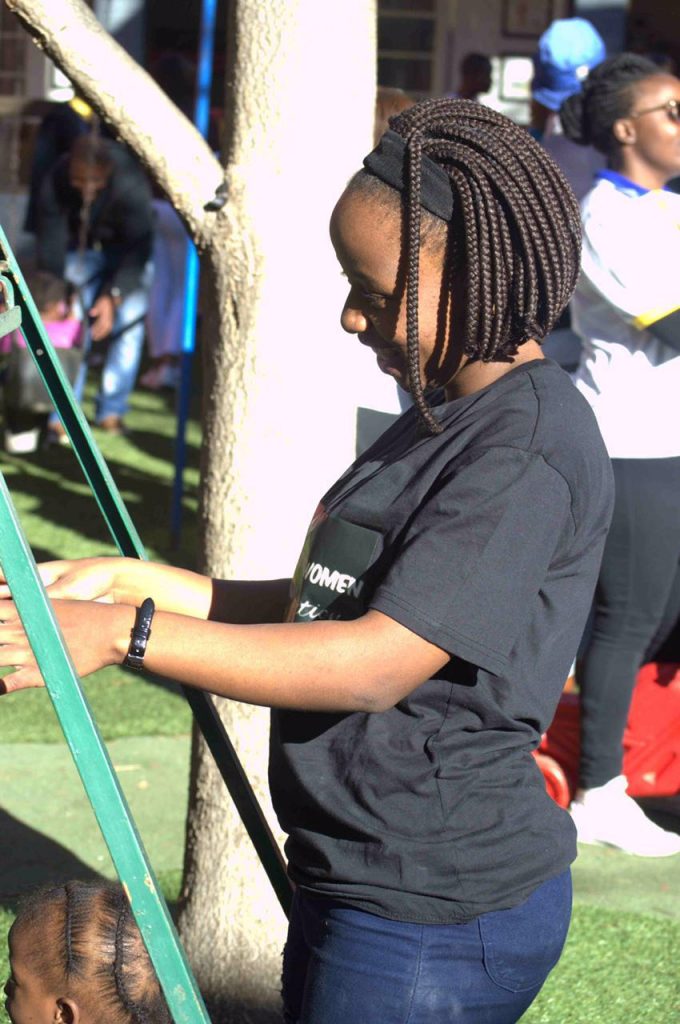This is the first blog-post from Esther Tot who received the ESOMAR Foundation Scholarship to study at the English based Bachelor Degree program in International Business at the National University of Management (NUM) in Phnom Penh, Cambodia.
I was so excited when I received the news that I was awarded the ESOMAR Foundation scholarship as a Marketing Research student at National University of Management (NUM). I cried of joy for this special blessing. It means so much to me!
It was December 12th, 2016 when I started my first class at IBBA (International Business). It was an unforgettable day! The subject of my first class was Khmer History taught by Teacher Khuon Vichheka. She taught me to know more about my country history especially about the Khmer Kingdoms Organization which was divided into 13 kingdoms such as Prehistory, Funan, Chenla, Angkor, Chatomuk, Longvek, Oudong, French Protectorate, Sangkum Reastr Niyum, The Khmer Republic, Democratic Kampuchea, People’s Republic of Kampuchea (PRK), and the very last one was The Kingdom of Cambodia. As a marketing researcher it’s very important to have a clear understanding about your own country and others countries’ history and economics. It helps create a business idea of people demands all around the world. This course was so beneficial because I could learn many new things happening all over the world, update my ideas and be more creative and more future oriented.
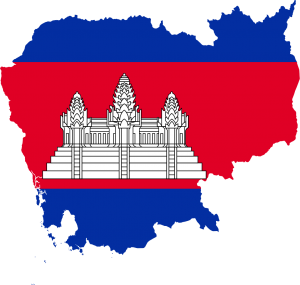
However, this course also included some hard subjects such as Mathematics, but I promise myself I won’t give up until I reach my goal and graduate with an IBBA degree and get a good job in marketing research. I am willing to take the risk in order to find my success. Nevertheless, there are others subjects which I enjoy a lot such as Economics, English for Business, and Introduction to Business. It was all fun and beneficial. I love to study in this course so much.
Partners & Sponsors
We are always on the lookout for partners and sponsors. If you are an organisation looking to understand more on how you can support us, please find more information here or contact: info@esomarfoundation.org


